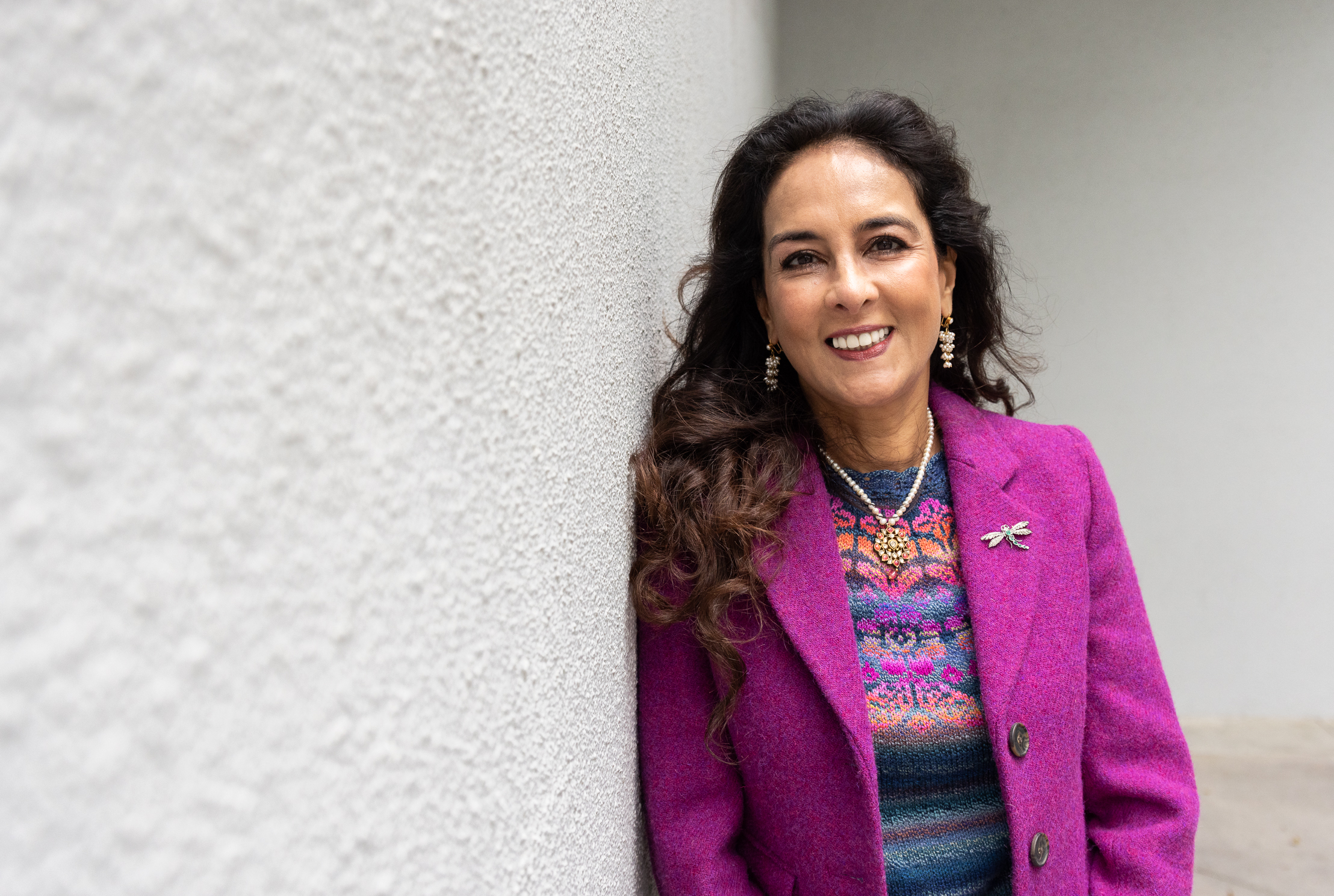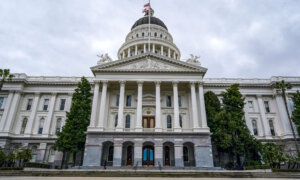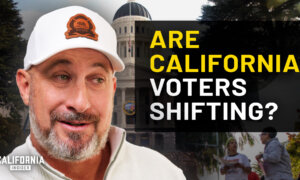Commentary
The legal profession has been captured by the same ideology that prevails in academia, health care, and most other professions. Lawyers sell their time to the highest bidder all day, but their pro bono work serves the ideology. So without a woke message or a huge budget, a case has little chance of being heard.
Enter Harmeet Dhillon.
She has developed a strategy for making legal resources available to these overlooked cases. She calls it “low bono.”
The strategy emerged from her personal experience in Big Law. Like many young law school graduates, she was attracted by the big salary and prestige of a big global law firm. She was expected to do pro bono work in addition to a long workweek, but the guys upstairs chose the pro bono cases for the whole firm. Their choices aimed at courting the woke media and the woke corporate establishment.
Ms. Dhillon started her own firm so she could choose pro bono work that fit her ideals. As she worked on these projects, she often needed to collaborate with lawyers in other jurisdictions or areas of expertise. And so she made the happy discovery that many lawyers outside the big prestigious law firms are eager to participate in the kind of work she was doing.
But without the huge profit margins of big law firms, they could not cover out-of-pocket costs like court fees and depositions. They were willing to volunteer their time if Ms. Dhillon could cover these costs.
So she began fundraising and founded the Center for American Liberty to structure these efforts. The money she raised went a long way because of all the lawyers eager to do pro bono work outside the ideological mold of Big Law. Ms. Dhillon estimates that the low-bono strategy achieves a fivefold increase over what could be done by hiring its own lawyers.
I recently heard her speak on the early experience that led to this work. My books are about the way we’re wired by early experience, so I found it very exciting. At age 19, Ms. Dhillon sued Dartmouth University and won! As editor of the Dartmouth Review, she wrote about a professor who taught Marxism in his music classes and attacked students who reported this. The university punished the students, and the American Civil Liberties Union (ACLU) came to their defense. The students probably would have lost if it were not for the ACLU’s stature in court and in the public eye.
Today, the ACLU only supports the rights of some identity groups and not others. Ms. Dhillon observed the gap and decided to do something about it.
“Rights are meaningless if courts won’t enforce them,” she said.
The first case of hers that caught my attention involved the Berkeley College Republicans. The administration imposed a $600,000 “security fee” on the student group whenever it brought in a conservative speaker. No such charges were imposed when left-wing speakers were brought in. Ms. Dhillon took on the case and won.
The Center for American Liberty defended a middle schooler who was punished for racism when he wore too much black athletic grease to a football game. During the COVID-19 pandemic, the center defended the right to worship, to go to school, and even to go to the beach. It is now defending de-transitioners’ right to health care as well as social media influencers’ right to depart from the dominant narrative.
The center uses an array of strategies to get more justice with less expenditure. Sometimes, a letter from a credible law firm is enough. Sometimes, arbitration is best, and the center helps with arbitration fees. Other times, it demands significant damages, because inflicting pain on abusers of civil rights is the best way to stop the abuse. The center’s fascinating cases are described at LibertyCenter.org/cases.
The stakes are higher than ever with the “lawfare” we are suddenly experiencing. The problem is compounded by direct attacks on lawyers who take on cases that fail to conform to the ideological winds. Lawyers risk having to hire their own lawyers to defend them if they depart from political orthodoxy. Career suicide is a real threat for anyone who deviates from the woke mindset. Imagine going through all that for a case you’re not even paid for.














